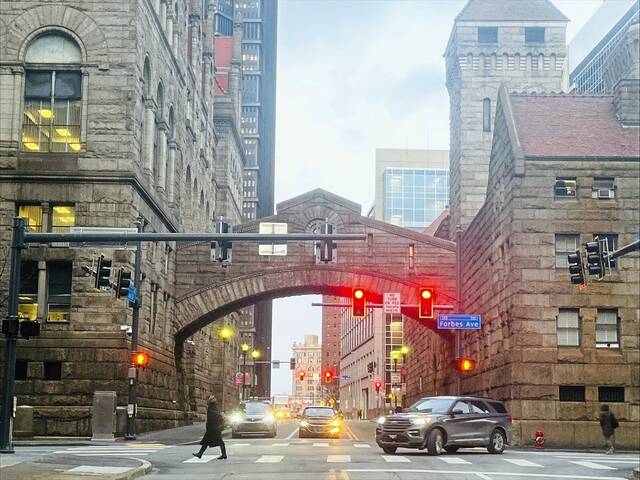The budget of most Americans is a delicate balancing act. You know what you have coming in and what should be going out. A decrease on one side or an increase on the other can throw it out of whack.
There have been a lot of increases in recent years as inflation and tariffs tick prices upward. Electricity costs are spiking. And now add health insurance to the list of things people might not be able to afford.
The Pennsylvania Affordable Care Act (ACA) health insurance exchange, Pennie, is used by about 500,000 residents. The exchange is preparing users for dramatic increases.
The numbers are startling — as high as 300% with an average increase of 82% expected. The spikes will affect about 450,000 customers, or about 90% of Pennie’s users.
This is important because many people who use Pennie are people who don’t have other options. They may work for a small employer who doesn’t provide insurance, or they could be unemployed or self-employed in gig work. They may have been on Medicaid but no longer qualify because of changes in income or eligibility.
Pennie Executive Director Devon Trolley says “sticker shock” over the increase could have some people opt not to get insurance. He expects about 150,000 — 30% of users — to walk away.
This wouldn’t be an issue if we were talking about something like cable television or lawn mowing services. Those are options that could have other alternatives. Maybe people look at an increase and decide to change their viewing habits or mow their own lawns. There wouldn’t necessarily be an impact on other people.
But health care is different.
If Pennsylvanians don’t have health insurance, they can still have health emergencies. They could have catastrophic illnesses or be in an accident that causes injuries. And if that happens, they can wind up in the hospital.
The federal Emergency Medical Treatment and Labor Act requires hospitals that participate in Medicare to provide treatment in the event of an emergency whether a patient has insurance or not.
That is good for the person who requires treatment — at least until they get a bill they can’t afford and end up in collections or bankruptcy. According to the Consumer Financial Protection Board, about 30% of the U.S. population owes almost $220 million in medical debt. Around 65% of bankruptcy is related to medical bills.
If people cannot pay those bills, the hospitals that provide the service end up eating the cost.
Pennsylvania’s largest employer is health care. It provides needed services and generates more than $180 billion for the state’s economy.
Those 150,000 people who might walk away from their health insurance represent 1.15% of the state’s population of 13 million. However, people without health insurance also can represent higher costs for health care when it is provided strictly because it becomes an emergency-only scenario — and emergencies tend to be expensive.
Some Republican lawmakers support extending subsidies for the ACA that are expiring and affecting Pennie’s costs. Others take issue with the overall cost.
“I don’t think we’re incredibly optimistic that Congress is going to renew this,” said Shana Jalbert, director of communications and development for the Pennsylvania Health Access Network.
That’s possible. Congress has been focused on cutting costs and programs this year.
But this is not an issue of handouts to the poor. It’s an issue of maintaining access to critical medical systems while also, vitally, supporting jobs and industry. Congress should look at the impact from a business perspective.








